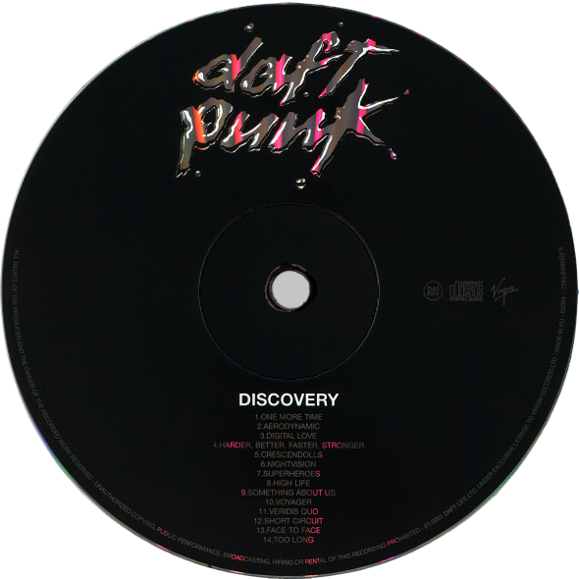





Roleplay [1]







You should check out my mixtapes man they're actually really sick I swear.






Roleplay [1]






Introduction:
Your tester may ask to do a role play at multiple points in the interview as skill check-ins. They come in many forms and are designed to be dynamic! Here are some roleplay scenarios you mights run into, like 질문하기 (questions), 상황 설명 및 요청 (request assistance), 문제 파악 및 해결 (problem solving), and 양해 및 부탁 (ask favor).
Use the buttons below to navigate between these four topics! ↓↓↓

나올 수 있는 주제
◉ "당신은 친구가 다니는 학원에서 언어 수업을 듣고 싶습니다. 이와 관련해서 궁금한 것에 대해 친구에게 5개의 질문을 해 보세요."
◉ "시급한 상황이 생겨서 일찍 퇴근해야 해요. 이와 관련해서 상사에게 궁금한 점을 질문하세요."

질문하기 상황 설명 및 요청 문제 파악 및 해결 양해 및 부탁

대화 도입 → 상황 설명 및 질문해도 되는지 확인 → 궁금한 사항 및 ★다른 게 아니라 ★물어보고 싶은 게 좀 있다 ★-에 대해서 몇 Download Anki deck here In the middle of your test, your tester may ask you to do a roleplay in which you have to ask a set number (usually 3~5) questions based on a given situation. They may read the situation out to you in English, but you must answer in Korean. If this occurs, they are probing your skills to see if you are ready to move up from the novice section into the intermediate section, so it's important you flex your conversational skills here! |
|
안녕, 제이크! 다른 게 아니라 물어보고 싶은 게 좀 있는데. |
All materials included in Operation OPI were created by
Professor LEE Sun-min and Professor YANG Hye-yoon
of Korea University.